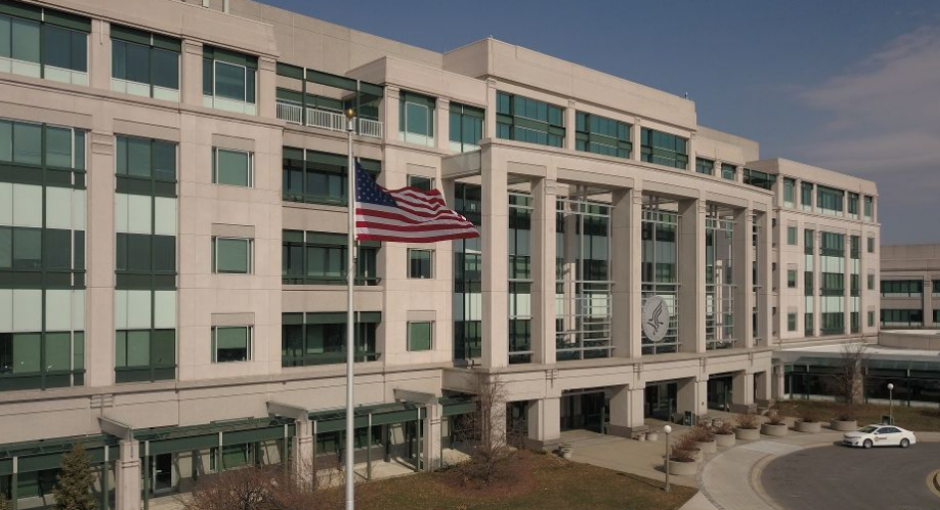Hospitals groups were deeply disappointed last week with the U.S. Centers for Medicare & Medicaid Services’ (CMS) proposal to continue a nearly 30% cut in Medicare Part B reimbursement for hospitals’ 340B purchased drugs in place since 2018.
Another provision in CMS’ hospital outpatient prospective payment system (OPPS) proposed rule for 2022 might console them. CMS is recommending 24 drugs and three biosimilars have their “pass-through” status extended for up to a year—a move that would temporarily shield the medicines from the deep payment cut for 340B hospitals. It also could prompt more covered entities to turn to biosimilars.
Orphan drugs, drugs used in cancer therapy, radiopharmaceuticals, and other drugs are eligible for “transitional pass-through payments” under OPPS for two to three years. These drugs are reimbursed at average sales price (ASP) plus 6%.
After the transition period, these medicines are redesignated as separately payable nonpass-through drugs. When acquired through the 340B program, they are reimbursed as a deeply reduced ASP minus 22.5% rate. The Trump administration imposed the payment cut over 340B hospitals’ objections. The U.S. Supreme Court will consider the cut’s legality during its upcoming term. Hospital groups lobbied the Biden administration to end the cut altogether, but the administration chose to maintain the cuts in CY 2022 in its proposed rule.
In its 863-page pre-publication of the OPPS proposed rule, CMS said that the COVID-19 pandemic is the primary driver for the extension.
“We recognize that due to the effects of the [public health emergency] the [calendar year] 2020 claims data may not be the best available data for rate-setting, including for purposes of rate-setting for devices, drugs, and biologicals for which pass-through status expires between December 31, 2021, and September 30, 2022,” the agency explained.
The pass-through extension would cover 24 drugs—virtually all of which are injectables—and three biosimilars. Their current pass-throughs have varying expiration dates between Dec. 31 of this year and September 30, 2022.
“Continued pass-through payments would be a positive for most health systems because they will continue to be reimbursed at ASP plus 6%,” said Jillanne Schulte Wall, senior director of health and regulatory policy at ASHP, a trade organization representing hospital pharmacists. “ASHP strongly opposes the -22.5% rate CMS uses to reimburse safety net providers as it jeopardizes the ability of these organizations to care for vulnerable patients.”
Among the best known of the drugs on the list are the anti-psychotic Risperidone; the steroid Dexamethasone; the anti-migraine drug Fremanezumab (marketed as Ajovy); the monoclonal antibody Tildrakizumab; the broad spectrum antibiotic Omadacycline (marketed as Nuzyra); and Trastuzumab, a chemotherapy drug used to treat breast, esophageal and stomach cancers.
The three biosimilars on the list are filgrastim-aafi, used to treat infections in cancer patients and is an alternative to Nivestym; and Pegfilgrastim-cbqv and pegfilgrastim-jmdb, both of which are used to treat low white blood cell counts as the result of using other cancer medications. They are alternatives to Udenyca and Fulphila, respectively.
Udenyca’s current payment limit under Part B is $251.74 per dose; Fulphila, $222.26; and Nivestym, about 39 cents. All are based on the ASP during the first quarter of 2021.
According to Tim Olmstead, a managing partner with the Alinea Group, an Atlanta-based consulting firm for 340B covered entities, the biosimilar cost is 15% to 20% lower than the legacy drugs they are intended to supplant.
“By still having them available at the pass-through, that’s a pretty good impact,” Olmstead said, adding that it would also likely lead to changes to payer formularies as well. He was unable to provide any specific dollar figures regarding the potential impact on covered entities as of publication time.
However, Olmstead believes that the extended pass-through will encourage more covered entities to move to biosimilars.
“It would behoove them from a…revenue standpoint if they could move over to a biosimilar versus an originator,” he said.
The proposed rule is to be formally published on Aug. 4. The deadline for public comment is expected to be Sept. 17 (60 days after the proposal was published for public inspection). Hospital groups will once again make a pitch to scrap the cuts.


